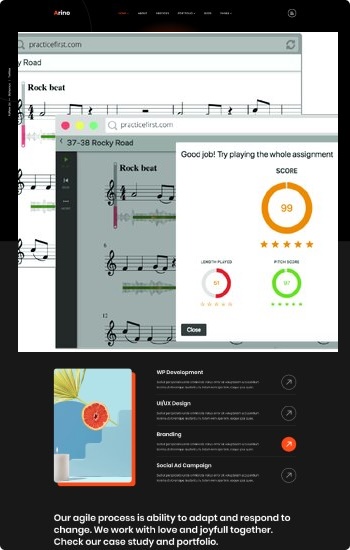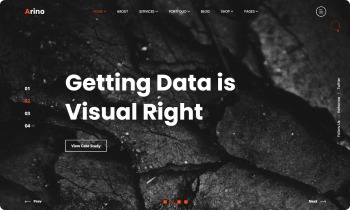As a seasoned expert, I can leverage my knowledge to accelerate the integration of artificial intelligence into your existing systems, specifically focusing on AD-ERP (Enterprise Resource Planning), AD-FPI (Financial Prediction and Accounting, Pricing), AD-AFF (Financial Audit and Forecast), AD-CPO (Cost Predictions, Profitability, Financial Planning), AD-SPD (Inventory Prediction, Sales, Channels, Distribution), AD-MM (Material Prediction, Purchases, Suppliers), AD-PP (Production Planning, Orders, Quality), AD-HR (Human Resource Planning, Administration, Payroll, TCO), AD-CRM (Churn, NPS, Sentiment Analysis, Marketing), AD-SRM (Supplier Relations, Procurement, Traceability), AD-BI (Business Intelligence Warehouse), AD-GD (Intelligent Document Management), AD-CO (E-commerce Web/Mobile Sales Portal), AD-GC (ISO Quality Management), AD-DV (Courier Web and Mobile Deliveries), AD-SV (Crew and Facility Service Management), AD-GC (Contract and Legal Service Management), AD-HD (IVR, SLA, Help Desk), AD-LC (Sales Localization, Crews), and AD-TM (Remote Terminal Administration). By combining my expertise with AI, we can optimize these systems to drive efficiency, accuracy, and informed decision-making.
 Clothes Try-On
Convolutional Networks
Clothes Try-On
Convolutional Networks
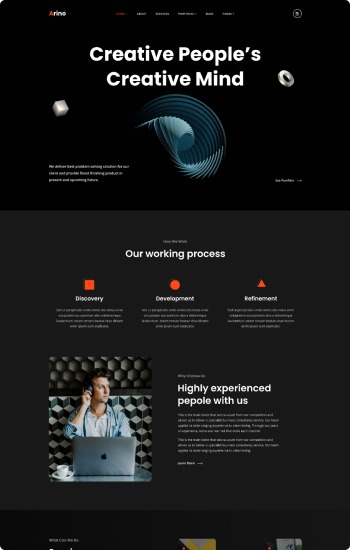 CNN GANS
BRAND & PRODUCT 3D RENDER
Text to Video.
CNN GANS
BRAND & PRODUCT 3D RENDER
Text to Video.
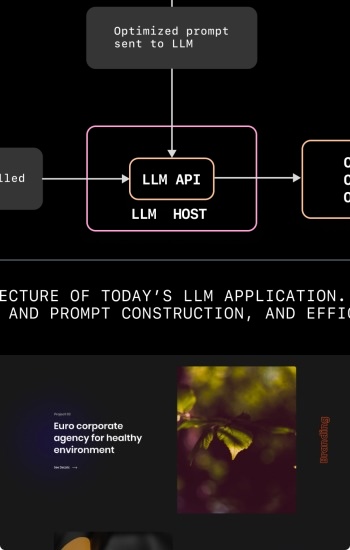 LLM'S NPL-TRY
Fine-tunning Transformers
LLM'S NPL-TRY
Fine-tunning Transformers
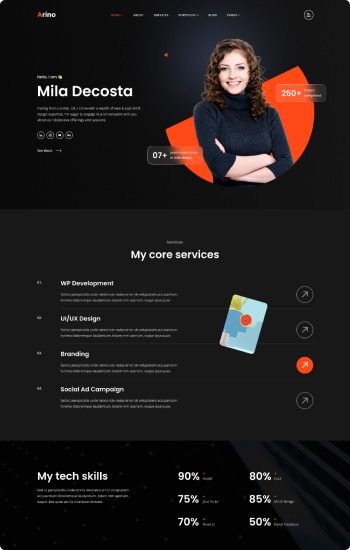 Elastic Net Lasso
INFERENCE LLMS
Elastic Net Lasso
INFERENCE LLMS
 LSTM
difussion transformers
LSTM
difussion transformers
 Caption music tracks
Text to music.
Caption music tracks
Text to music.



